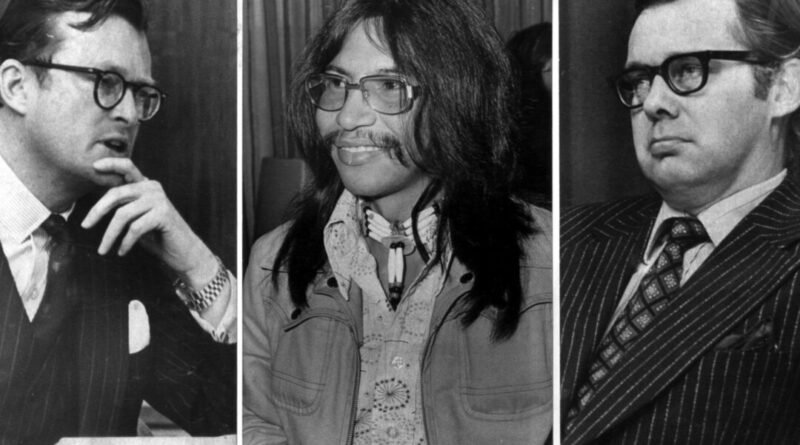The Arrival of the Decolonization Movement in Canada
Commentary
It may seem like a stretch for the revolutionary Marxist concept of “decolonization” to be applied to Canada, a former colony that gained independence without much bloodshed, had no history of slavery, and then developed into an independent nation without significant internal conflict. However, this idea took hold in Canada 50 years ago and has evolved into the belief we see today: that Canada’s political and social structures are inherently oppressive and racist and need to be dismantled.
Decolonization first surfaced in Canada during the Berger Inquiry, a high-profile three-year investigation in the mid-1970s to address indigenous and environmental concerns regarding the proposed Mackenzie Valley Pipeline project. Many Canadian leftists viewed the pipeline as a threat to the pristine lands of the Inuvialuit, Dene, and other indigenous peoples.
The Berger Inquiry marked a pivotal moment when indigenous voices, previously marginalized, were thrust into the national spotlight, challenging the pipeline plans with a strong assertion of sovereignty and cultural survival. In 1975, the Dene issued their famous “Declaration,” proclaiming Canada’s indigenous peoples as inhabitants of a neglected “Fourth World” and demanding global recognition of the Dene Nation.
While the Dene Declaration seemingly emphasized their connection to the land, its narrative and portrayal of history, indigenous-white relations, treaties, and actors reflected a cultural Marxist perspective. It aimed to assert sovereignty and amplify Dene voices that had been overshadowed by industry.
The Dene demonstrated that “decolonization” was not just a theoretical concept but a tangible Canadian reality. This ideology did not spontaneously emerge from a remote indigenous group, but was rather introduced by academics like Watkins and his team, who advised indigenous leaders on decolonization, influenced by Marxist-Leninist ideas and Frantz Fanon’s decolonial ideology.
Despite this ideological framing, some indigenous communities, including the Dene, did not fully align with the perspectives presented in the Berger Inquiry. The intrusion of left-wing thinking from academics in Toronto clashed with the beliefs of some native leaders, indicating that decolonization was an imported concept.
Ultimately, Justice Thomas Berger recommended a ten-year pause on the Mackenzie Valley Pipeline project, leading to its abandonment. While some northern indigenous groups hoped for economic opportunities through the pipeline, it was eventually dropped due to low gas prices. The left in Canada, however, had established a new discourse combining environmental activism with demands for social justice, marking a lasting impact of the Berger Inquiry and the ongoing debates surrounding decolonization.
Views expressed in this article are opinions of the author and do not necessarily reflect the views of The Epoch Times.





